Latest stories
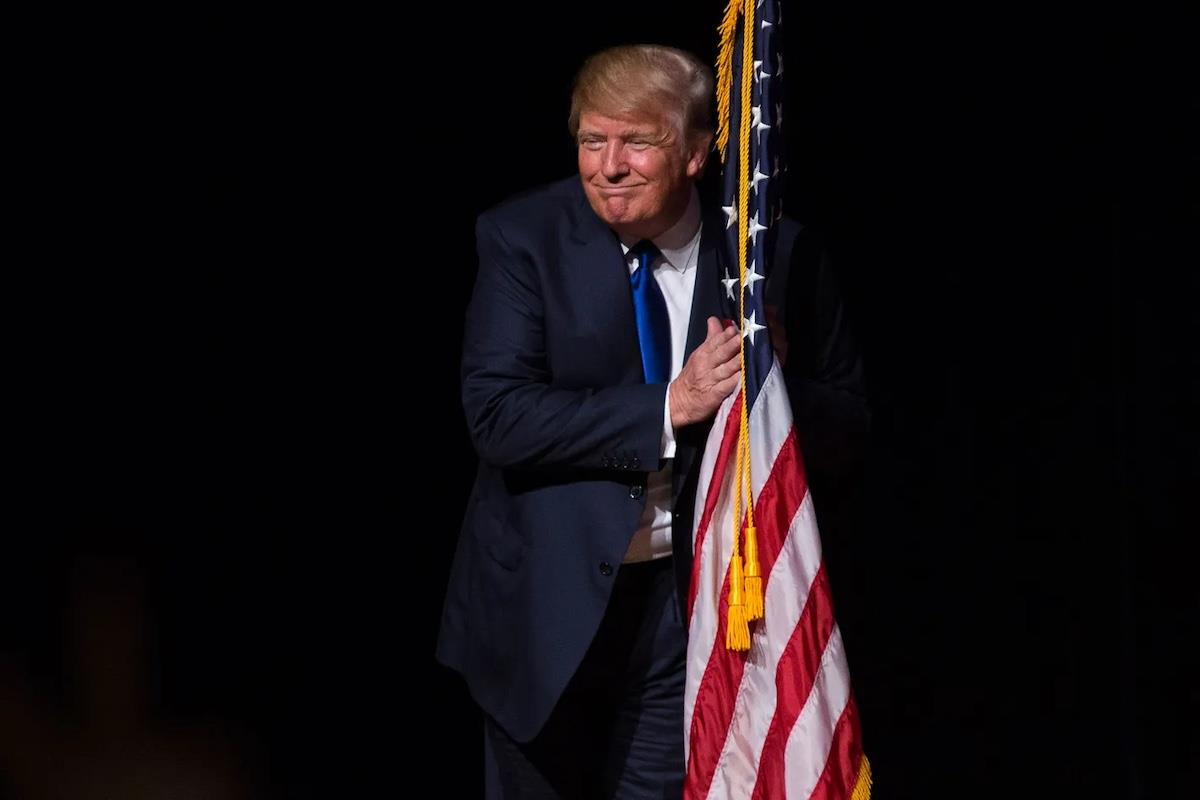
What Trump's 'America First' would mean for the world
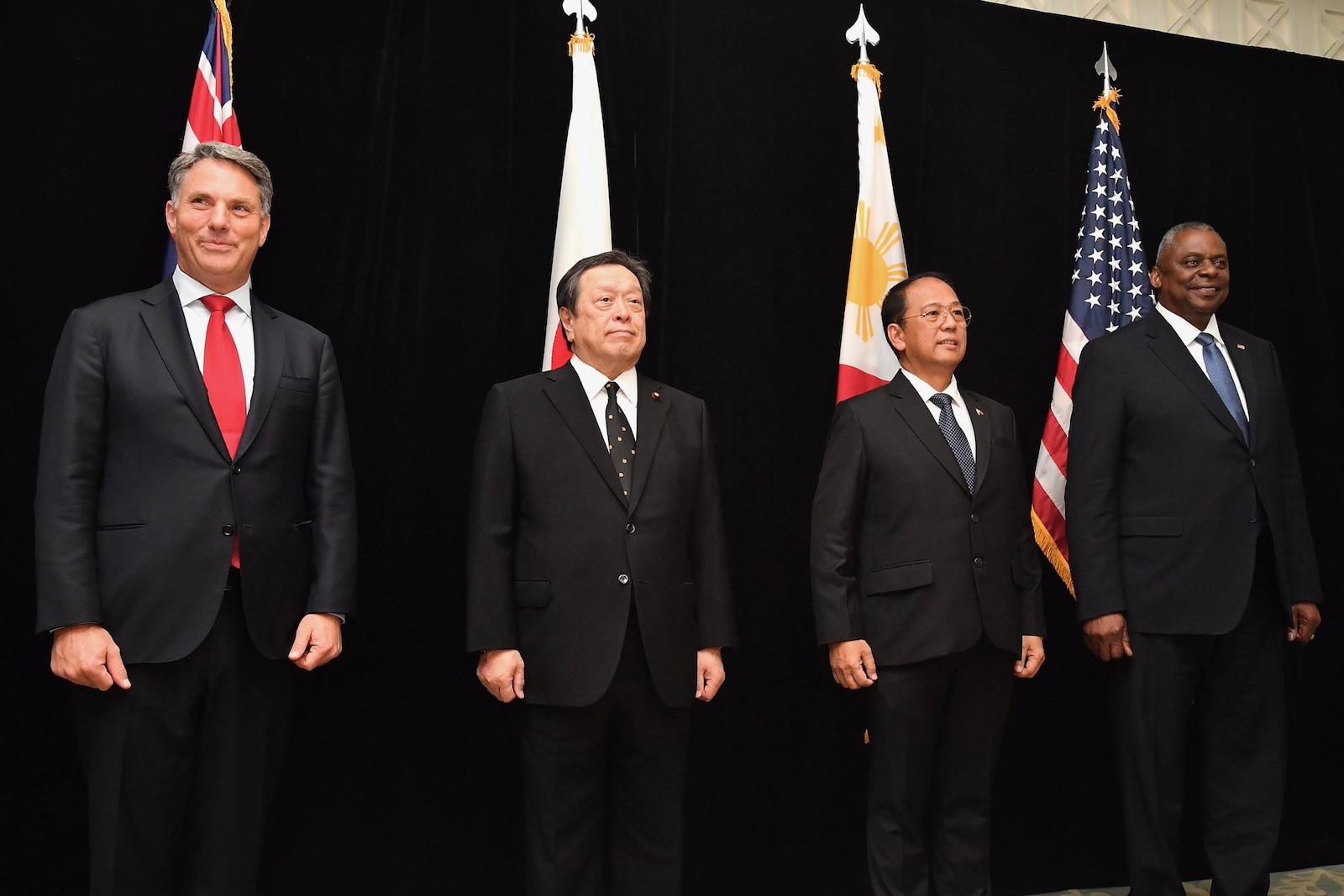
Move over, Quad; the new Squad has landed
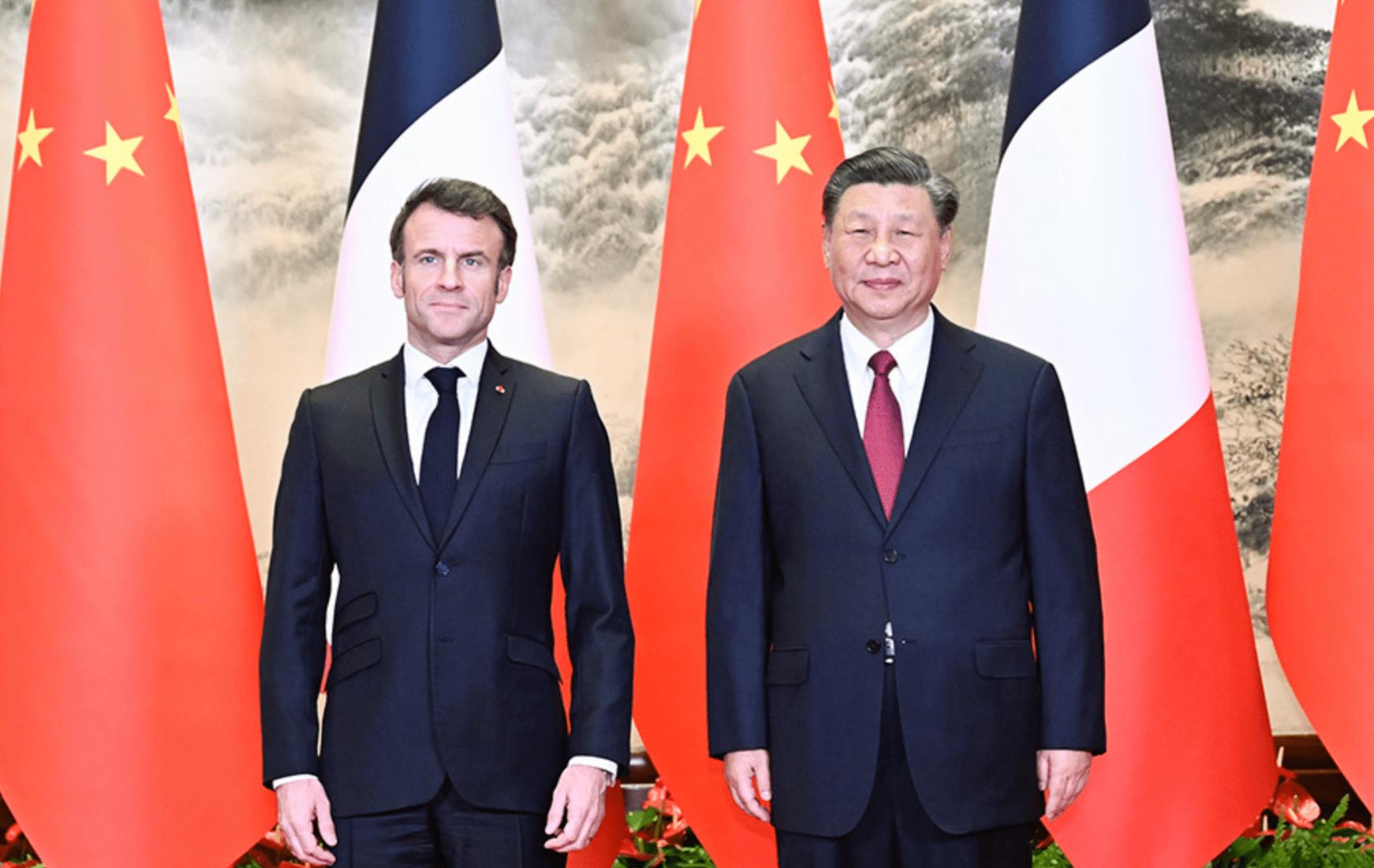
Xi tells Macron: China stays neutral in Ukraine war Macron's desire for Europe not to become a“vassal state” of the US makes him Xi's best bet for cajoling the policy direction in Brussels. The case Macron had made early and often for“strategic autonomy” from Biden's Washington is a major overlap in the Venn diagram for Beijing and Paris.
Yet challenges abound. One is Macron's determination to shield the French economy – and that of the broader EU region – from a tsunami of cheap mainland goods and exports of EVs and other green products that Brussels claims are powered by“unfair” government subsidies.
Another: Xi's attempts to downplay China's support for Vladimir Putin's exploits in Ukraine (Macron has floated the possibility of a French deployment there).
“Xi will use his time with Macron to downplay China's ongoing support for Putin's war machine,” said Matt Geraci, an assistant director at the Atlantic Council's Global China Hub.
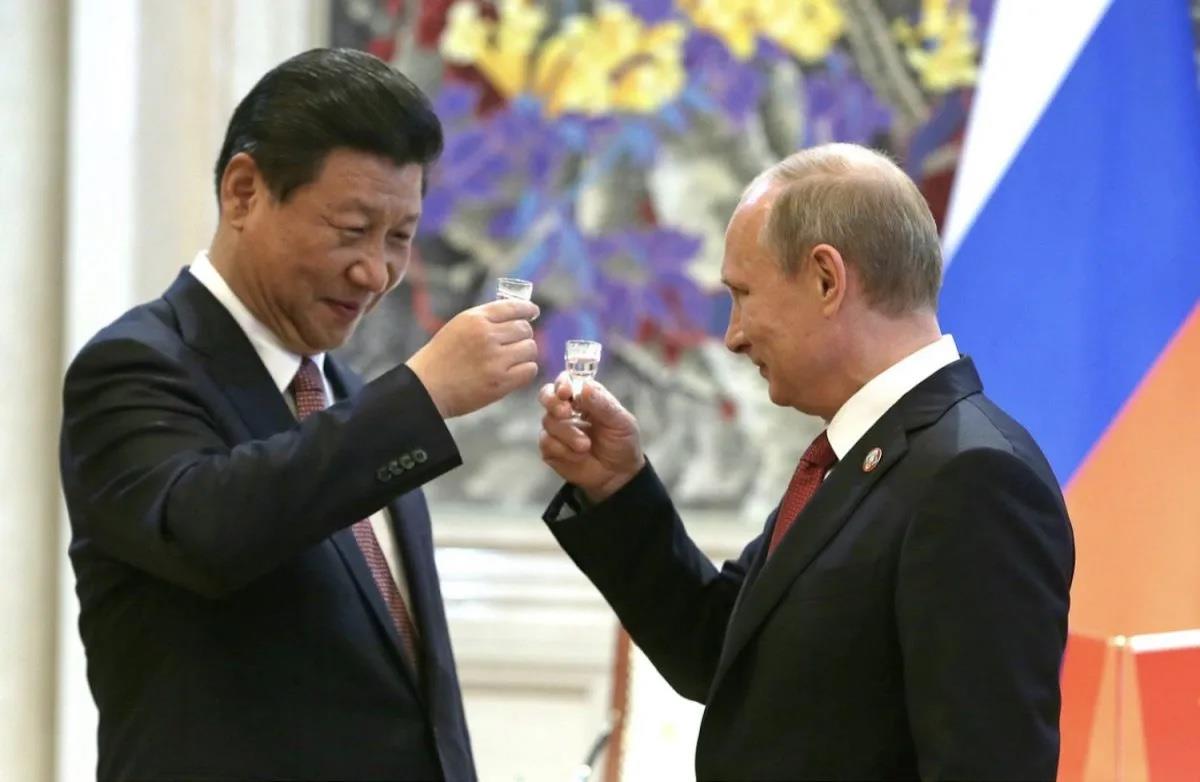
Chinese President Xi Jinping and Russian President Vladimir Putin share a toast. Photo: Asia Times Files / AFP / ZumaMacron also isn't thrilled by Xi's choice of stops after France. Western media outlets have reported that Macron had hoped to keep the focus on Franco-Chinese relations, not Russia-friendly states Serbia and Hungary.
Western European powers, Macron and Scholz included, worry that Xi punctuating his trip by spending quality time in pro-Kremlin circles runs afoul of broader EU policy signals. The question, of course, is the extent to which those stops squander any goodwill Xi may amass in Paris.
Xi, of course, can be quite adept at playing European nations off one another – and one against the broader EU bloc. Take, for example, the German leader's April trip to China, notes Rolf Langhammer, senior researcher at the Kiel Institute.“Scholz primarily followed the arguments of German industry,” Langhammer says.
“For example, that German companies in China also benefit from subsidy policies, or that low-cost Chinese upstream products offer both price advantages for domestic industry and encourage German consumers and processors to buy environmentally friendly goods. In addition, German companies fear retaliation in terms of export restrictions on key raw materials should the EU actually impose import tariffs on China ,” he said.
Langhammer says“these arguments are understandable from a macroeconomic point of view. However, they do not take into account the EU Commission's well-founded concerns about an anticipated surge of Chinese exports into what is currently the only open market in the world, the EU's single market.”
Of Xi's trip this week, Mathieu Duchatel, senior fellow at the Institut Montaigne, observes that“diplomacy alone is unlikely to yield tangible outcomes in EU-China relations, as this visit may once again underscore. Those looking for a more realistic way to address asymmetries and unbalances in EU-China trade, technology and investment relations should direct their attention towards the EU's evolving economic security agenda.”
Duchatel argues that“a lot still needs to be done. The challenge of supply chain resilience reveals the difficulty of building a European economic security agenda without economic intelligence. Successive crises have exposed weaknesses in Europe's supply chains. However, efforts to mitigate these risks have primarily been undertaken by private companies and individual member states.”
“Without its own economic intelligence capability, the European Union's attempts to address vulnerabilities in supply chains have yet to yield significant results,” Duchatel notes.“To effectively address this challenge, the European Commission must aggregate and analyze strategic information on a scale surpassing that of individual member states and private entities. This would establish the Commission as a pivotal player in supply chain resilience decisions, benefiting all EU countries and European businesses.”
In the interim, EU President
Ursula von der Leyen is
raising the temperature with a slew of trade restrictions against Xi's Communist Party . Part of the effort is aimed at making good on her pledge to make Brussels a more impactful player on the world stage. Part is aimed at assessing the broader costs of China's subsidies for EVs and its support for wind parks, solar manufacturers, railway firms and medical devices.
“We recognize what we see as the Chinese playbook,”
Margrethe Vestager, the EU's competition chief, tells Bloomberg.“Knowing you have been played teaches you that you need to watch out, to be much more observant and to take better actions.”
Vestager notes that“we are using our trade tools and our tools that come with the foreign subsidies regulation in full in order to restore fair competition.”
The so-called foreign subsidies regulations are designed to guard against state money fueling unfair competition for public tenders and deals to the detriment of European companies.
Last month, Vestager's team unveiled a subsidy investigation into China's involvement in wind parks in Bulgaria, France, Greece, Romania and Spain.
Economist Maartje Wijffelaars at Rabobank International says the extreme uncertainty surrounding geopolitical tensions is making 2024 an even more precarious year.
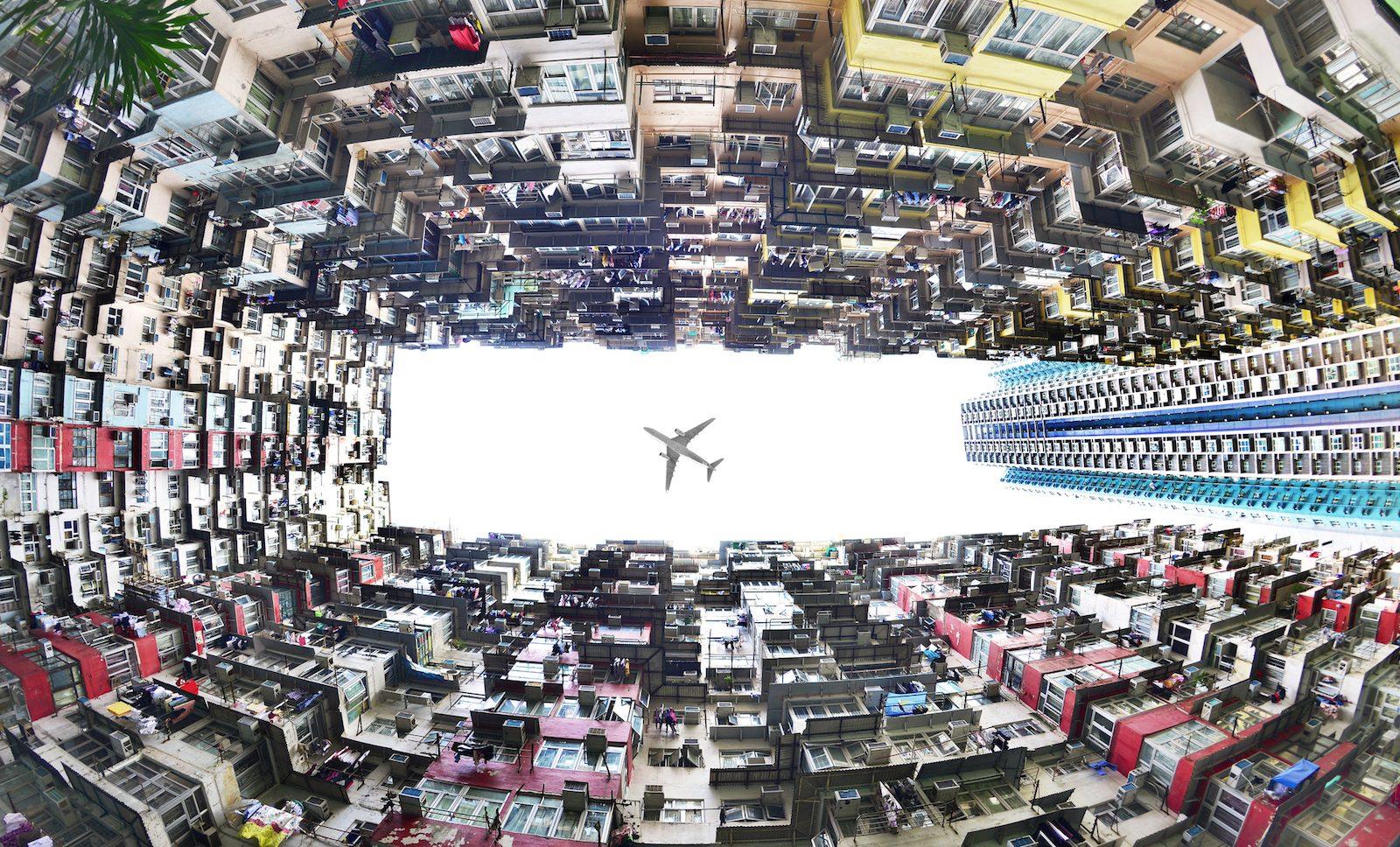
Sign up for one of our free newsletters The Daily ReportStart your day right with Asia Times' top stories AT Weekly ReportA weekly roundup of Asia Times' most-read stories
“The main question is,” says Wijffelaars,“where will it end? Solar panels, wind turbines and medical devices have also 'recently' caught Europe's attention.” Yet Europe needs China both as an export market and“because it cannot afford to lose access to indispensable inputs for its desperately needed energy transition.”
![]()
A worker installs polycrystalline silicon solar panels as terrestrial photovoltaic power in Yantai, China. Photo: Twitter ScreengrabYet Xi's real challenge, let's not forget, is China's economy back home. The cratering property sector continues to generate deflationary pressures at a moment of record youth unemployment. Municipalities, meanwhile, face crushing debt loads, including US$9 trillion of so-called local government financing vehicles (LGFVs). That's double the size of Germany's economy.
The trade concerns will“undoubtedly” be a key discussion point, particularly since China is grappling with a slowing economy, says Leonie Allard, a visiting fellow at the Atlantic Council's Europe Center.
The weak yen is also complicating Xi's 2024. The currency's 10% drop this year is affording Tokyo a trade advantage that China isn't enjoying. Xi's economy could, of course, embolden the People's Bank of China to push the exchange rate lower.
It would be a risky gambit, triggering a broader currency war. Doing so also might set back a decade of efforts to increase the yuan's use in trade and finance .
A weaker yuan might increase default risks among property developers carrying large amounts of offshore debt. It also might make China an even bigger US election issue ahead of November 5.
The key is fixing the real estate crisis, strengthening capital markets, increasing the size of the private sector relative to state-owned enterprises and building bigger social safety nets to encourage consumers to spend more and save less.
As Xi does the rounds in Europe, Premier Li Qiang is back in Beijing leading efforts to raise China's economic game. And grappling with challenges from which Xi might be enjoying being a world away, albeit temporarily.
Follow William Pesek on X at @WilliamPesek
Already have an account?Sign in Sign up here to comment on Asia Times stories OR Thank you for registering!
An account was already registered with this email. Please check your inbox for an authentication link.